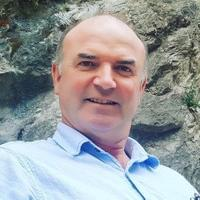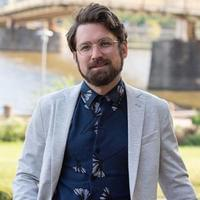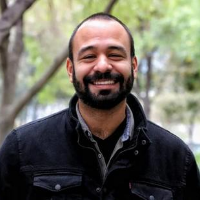July Webinar
Date: July- 19th
Schedule:
6pm Mexico City Time
Speakers:
Kevin Halpenny, Ireland
Gavin White, USA
German Enriquez, México
Our planet is experiencing significant and accelerated climate change caused by greenhouse gasses emitted by human activities. The effects are being felt on all continents and are predicted to become more and more intense, with severe consequences for our economies and societies.
Climate change tends to compound and exacerbate social and economic inequality impacting people who are already disadvantaged. To stop climate change from getting worse, we must take action to reduce greenhouse gas emissions significantly. In addition, we must also adapt to the changes happening now and in the future to limit damage.
Climate action has many benefits. It helps save energy, improve air quality, increase biodiversity, secure our energy supplies and create growth and jobs. Urban parks and green infrastructure (GI) play a significant role in climate change through education, mitigation and adaptation.
Education – demonstrating the value of nature and a healthy ecosystem, the effects of climate change, and the practical things people can do to address these effects.
Mitigation – through impacts such as carbon sequestration, alternative energy, carbon-free mobility, and biodiversity reserves.
Adaptation – by improving cities’ resilience to extreme weather events through impacts such as water attenuation, and increasing social resilience with accessible, inclusive public amenities.
In order to understand how urban parks can help mitigate climate change, we must understand the carbon impacts of these spaces in detail. World Urban Parks’ Climate Change and Resilience committee will present three projects that quantify the impact of park construction, maintenance and operations, and outline unique solutions to carbon sequestration in urban parks, including:
An accounting of carbon output and sequestration in Parque Metropolitano in León, Mexico.
Unique, low-carbon management solutions and construction efforts in Fingal County, Ireland designed to reduce carbon impacts.
These three presenters from around the world will share insights about how to quantify the impacts of various park activities, and the group will explore best practices to minimize carbon output and maximize carbon capture in urban parks.
Webinar objectives:
- Learn about World Urban Parks and their Climate Change and Resilience Committee.
- Discover the value of peatlands, wetlands, and saltmarshes as compared to other landscape typologies.
- Explore best practices for carbon sequestration in urban parks across diverse geographies.

Kevin Halpenny
Kevin is Senior Parks Superintendent with Fingal County Council in Dublin Ireland with responsibility for providing strategic direction and introducing policy initiatives relating to Parks, Green Infrastructure and Climate Change Adaptation.

Gavin White
Gavin White serves as executive officer for World Urban Parks Climate Change and Resilience Committee. At home in Pittsburgh, USA, he is Director of Planning and Projects for Riverlife, a nonprofit dedicated to improving the city’s riverfronts.

German Enriquez
Kevin is Senior Parks Superintendent with Fingal County Council in Dublin Ireland with responsibility for providing strategic direction and introducing policy initiatives relating to Parks, Green Infrastructure and Climate Change Adaptation.
More about our blogs, clic here.



